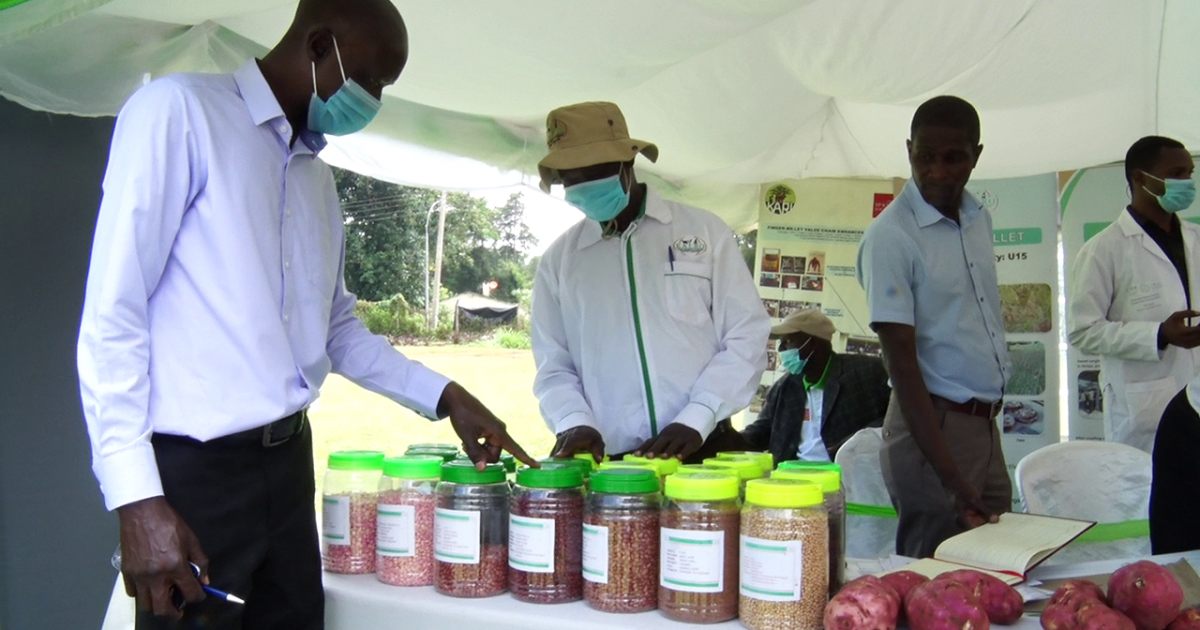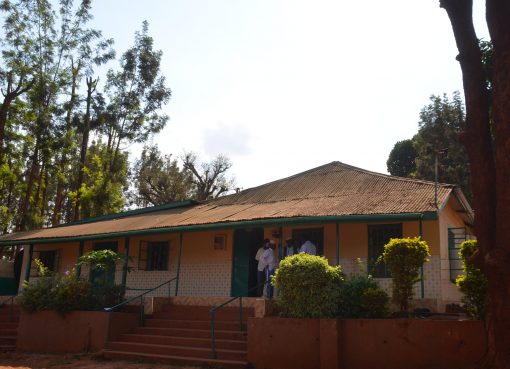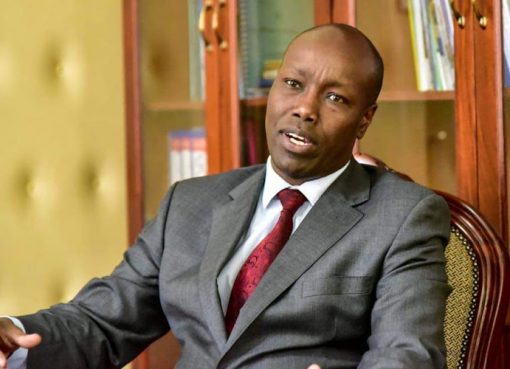Various Government agencies and some private sector players are collaborating in rolling out a Warehouse Receipt System (WSR) to farmers across the country.
The WSR will be introduced through the Kenya Cereal Enhancement Programme-Climate Resilient Agricultural Livelihood Window (KCEP-CRAL) that was started in 2014 and will be ending next year.
KCEP-CRAL is collaborating with the Warehouse Receipt System Council, the National Cereals and Produce Board (NCPB), the Eastern African Grain Council (EAGC) and the Agriculture and Food Authority (AFA).
KCEP-CRAL Senior Project Coordinator, Dr Cosmas Munyeki, said they have also partnered with Equity Bank to provide credit to farmers in the WSR programme.
“We have started this journey with other partners so that farmers can get credit and even sell grains while still stored in warehouses,” Munyeki pointed out.
Dr Munyeki was speaking during a two-day KCEP-CRAL, European Union (EU) closure workshop for the Western Region Counties, for the Initial European Union Grant that was signed in 2014 and ended in June 2021.
He said, even though the EU has finalized funding the project as agreed, other partners are still on board and the Government of Kenya is still funding the project which has seen an improvement and introduction of more agricultural technologies.
Dr Munyeki disclosed that more than 100,000 farmers have been empowered through the programme countrywide, slightly below their targeted number of 140,000.
He said the KCEP programme was formed to attract funding to address food security and enhance wealth creation and to address climate change by providing innovative solutions in agricultural practices.
The project coordinator said other partners in the project include the Rome Based Agencies (RBAs) including the Food and Agriculture Organization UN(FAO), The International Fund for Agricultural Development (IFAD) and the World Food Programme (WFP).
He said, expertise provided by the development partners has enabled the project to introduce technologies in farming enterprises which have led to improved yields and cut back on post-harvest losses.
Dr Munyeki reported that they have witnessed increased production among the targeted farmers by over 50 per cent where farmers have been able to produce more than half they were producing before the project.
He said as a result, the project has contributed 41, 000 metric tonnes of produce to the National Food Basket.
“We are trying to make our contribution through food security, wealth generation and poverty alleviation,” he said.
On post-harvest losses, Dr Munyeki noted that the introduction of drying and storage technologies has led to reduction of post-harvest losses from 25 per cent to the current eight (8) per cent.
“We are also aiming to reduce post-harvest losses further to below five (5) per cent, which is the internationally accepted Standard,” he noted.
KCEP-CRAL attracted funding of Sh12billion from partners including the Government of Kenya (GOK), The European Union (EU) among other development partners.
“We need to note that this project is a key project that is addressing the Kenya Government Vision 2030, to ensure that we are highly industrialized and have high quality of life,” Dr Munyeki noted.
Later, the EU added Sh500million to address Covid-19 pandemic.
Dr Munyeki urged beneficiary farmers to teach other farmers across the country for them to adopt better farming practices for improved yields.
By Moses Wekesa





